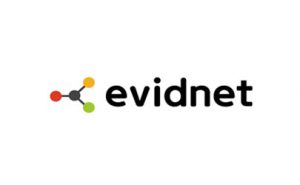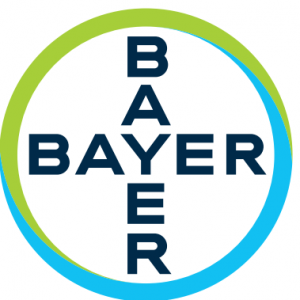Faculty:
Chris Knoll, Gowtham Rao, RuiJun (Ray) Chen, Juan Banda, Joel Swerdel
This workshop is to develop better approaches for designing and implementing phenotypes, both rule-based heuristics and increasing the use of probabilistic phenotypes. The learning objectives and technical competencies are:
• Learn principles for cohort definition and evaluation
• Develop rule-based heuristics in ATLAS
• Apply cohort definitions to analytical use cases of: disease phenotyping, exposure definition, cohort characterization, effect estimation and prediction.
• Design predictive model-based phenotype evaluation using APHRODITE.
Course prerequisites: knowledge about CDM and vocabulary AND need to know the contents of the patient-level data you are working with. This course is very important and foundational to our ability to conduct all the types of analyses, including clinical characterization, population-level prediction, and patient-level prediction.
The following videos were recorded during the fourth annual OHDSI symposium which took place October 11-13th, 2018. These recordings were made possible by generous support from EvidNet, Deloitte, Johnson & Johnson, and Bayer.
2018 OHDSI Cohort Definition and Phenotyping Tutorial (1 of 4)
Introduction
2018 OHDSI Cohort Definition and Phenotyping Tutorial (2 of 4)
Vocabulary Basics & SQL Examples
2018 OHDSI Cohort Definition and Phenotyping Tutorial (3 of 4)
Phenotype Evaluation
2018 OHDSI Cohort Definition and Phenotyping Tutorial (4 of 4)
Cohort Work Session
2018 OHDSI Cohort Definition and Phenotyping Tutorial (1 of 4)
2018 OHDSI Cohort Definition and Phenotyping Tutorial (2 of 4)
2018 OHDSI Cohort Definition and Phenotyping Tutorial (3 of 4)
2018 OHDSI Cohort Definition and Phenotyping Tutorial (4 of 4)



Overview of the OHDSI Analysis Ecosystem
Patient-level Prediction
Data Quality

